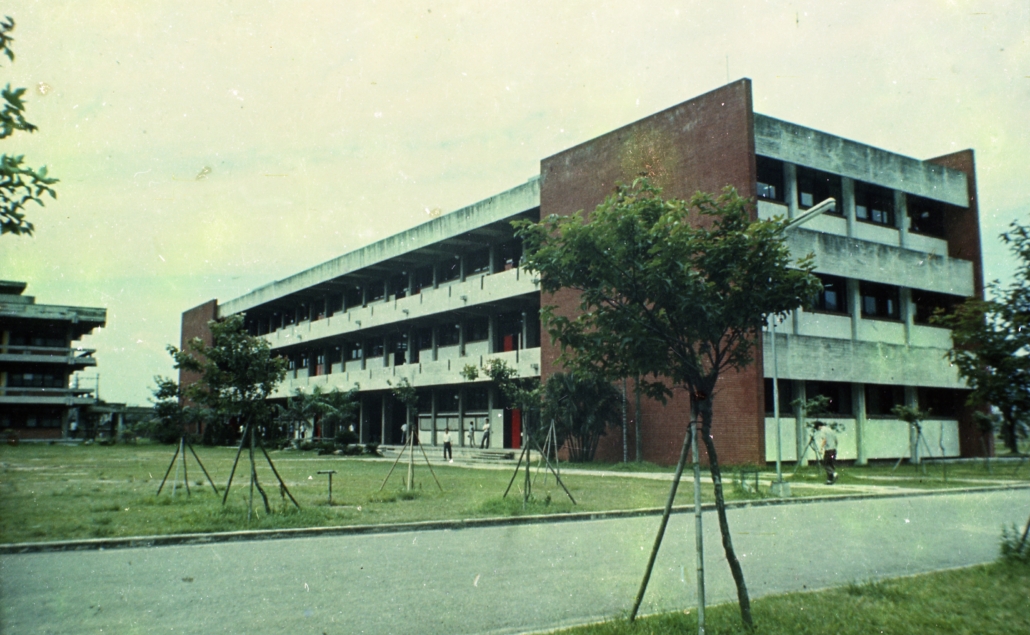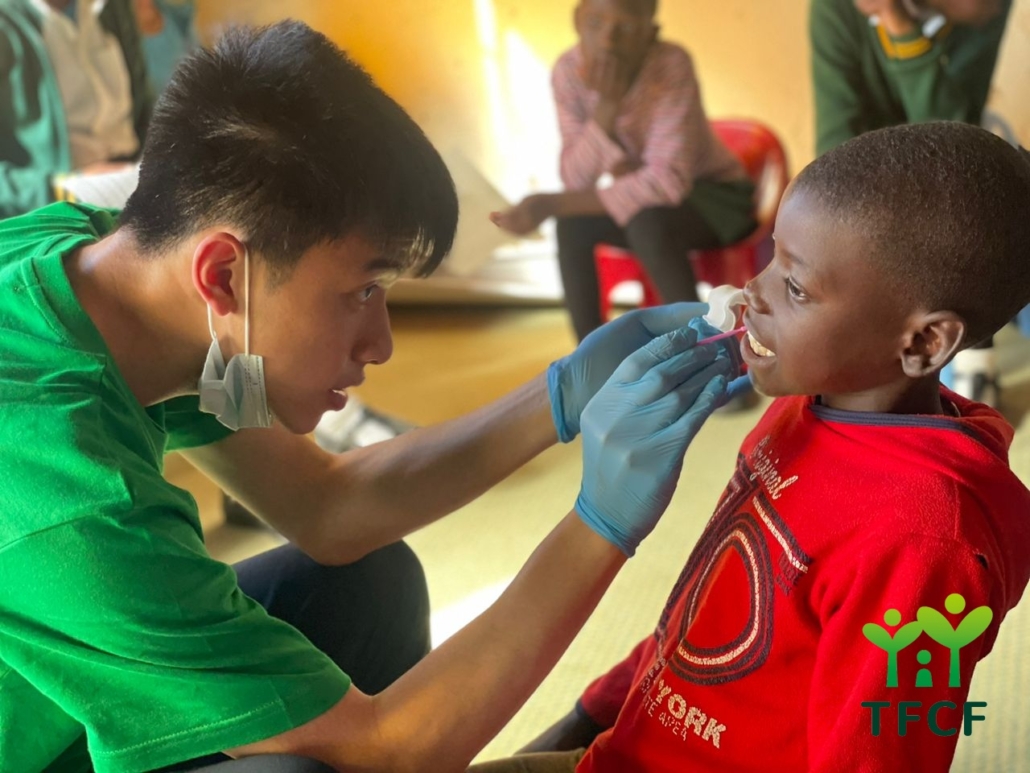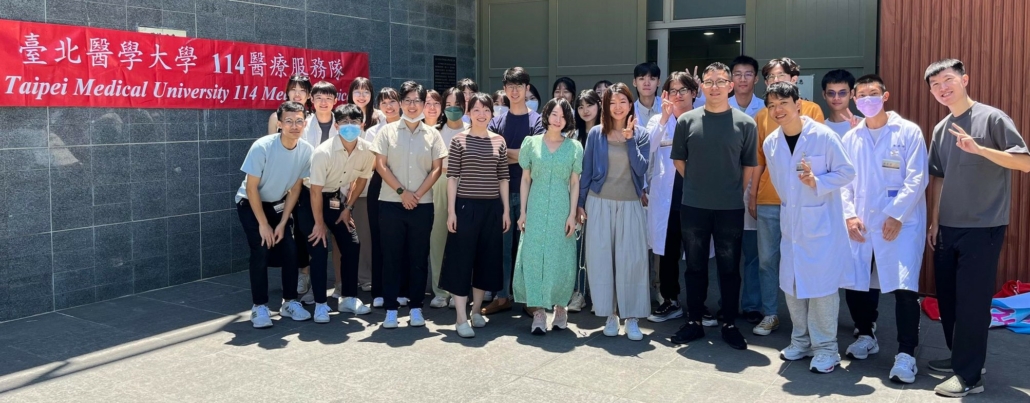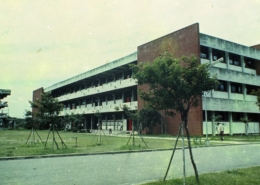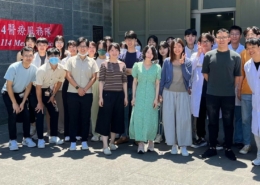Stem cell research provides new cancer treatment options
Source: Center for Cell Therapy and Regeneration Medicine (CCTRM)
Published on 2018-07-16
Taipei Medical University researchers have determined the molecular mechanisms for asymmetrical cell division and cell migration in stem cells, opening a new direction for potential cancer treatments.
Professor Rita Yen Hua Huang, director of TMU’s Center for Cell Therapy and Regeneration Medicine (CCTRM) says these findings highlight how cancer stem cells in solid tumors perform asymmetrical division and metastasis in anaerobic environments, leading to drug resistance and relapses. It is hoped that new target therapies against cancerous target cells can be developed with this knowledge. The research[1] was published in Stem Cell Reports.
[1] “IGF-1R Promotes Symmetric Self-Renewal and Migration of Alkaline Phosphatase+ Germ Stem Cells through HIF-2α-OCT4/CXCR4 Loop under Hypoxia” <https://www.cell.com/stem-cell-reports/fulltext/S2213-6711(17)30551-9>

Director Rita Yen Hua Huang discusses the stem cell research
Did you know? |
| After sperm fertilizes an egg at the start of pregnancy, embryonic stem cells are produced in the earliest stages of development. Without blood vessels, embryonic stem cells rapidly proliferate and move in their anaerobic environment. Stem cell proliferation mechanisms include both asymmetrical and symmetrical division, with only one stem cell produced every cycle as the rest differentiate into other cells to form functional tissues. In the extremely low-oxygen environment within early embryos, embryonic stem cells undergo symmetrical division, where two identical and high-functioning stem cells are produced each cycle, so such cells can rapidly accumulate. |
Cancer stem cells are extremely few in number, and can remain dormant with high drug resistance and metastatic capabilities. They do not need oxygen to survive, and typically exist in adverse anaerobic environments deep in larger solid tumors in later cancer stages. However, they seize their opportunity when immunity decreases or when patients have an inflammatory response or viral infection. Professor Huang says doctors have few options to deal with cancer stem cell drug resistance and metastasis, and this becomes even more difficult in anaerobic environments. This is the main cause of relapse in cancer patients where drug resistance renders current treatments ineffective.
Scientists are still learning about the molecular mechanisms regulating cancer stem cell growth, and thus are unable to carry out targeted therapy against cancer stem cells. Even if the tumor size is reduced after treatment, cancerous stem cells remain, waiting to reproduce again.

Caption: Proliferation and metastasis of embryonic stem cell in an anaerobic micro-environment during the early embryonic stage
Cancer stem cells often learn proliferation mechanisms of embryonic stem cells in low-oxygen environments, as solid tumors can better facilitate symmetrical division of cells in such environments. It cannot be killed and continues to live on with metastatic capabilities that will allow the cancer to spread over time. In common solid tumors such as brain, liver, lung, pancreas and colorectal neoplasms, cancer stem cells may use similar mechanisms for self-renewal, proliferating and metastasizing in other parts of the body via blood vessels.
The article’s first author, postdoctoral researcher Dr. Yung-Che Kuo, says the embryonic germline stem cell research was based on embryonic and newborn mice. Stem cells were purified and obtained from embryos in the laboratory and were cultured in both aerobic and anaerobic environments. All experiments were carried out and replicated using limited cell numbers. Results on the critical stages were obtained in less than three years, demonstrating TMU’s world-class technology.
Director Huang says her center seeks to solve medical mysteries relating to translational research in tissue regeneration, thoracic medicine, cancer treatments and neurological diseases. The center’s clinical experiments and exceptional research output are focused on developing and promoting cellular treatment products safe for the entire body. With a thorough understanding of signal regulation and conduction in embryonic stem cells, the TMU research team has deduced the mechanism used by cancer stem cells in solid tumor tissues for rapid proliferation and metastasis. The team will carry out further research relevant to anaerobic proliferation to design drugs and treatment methods.






